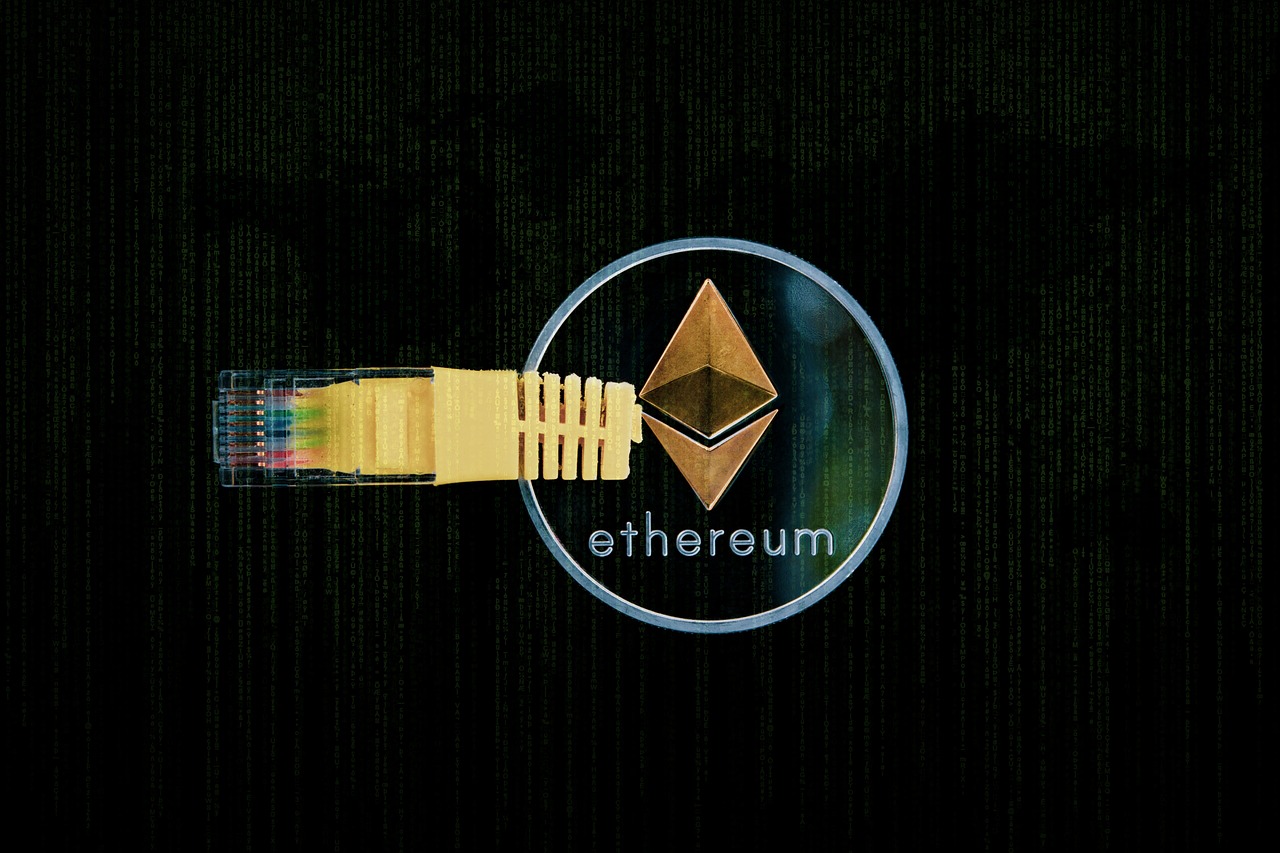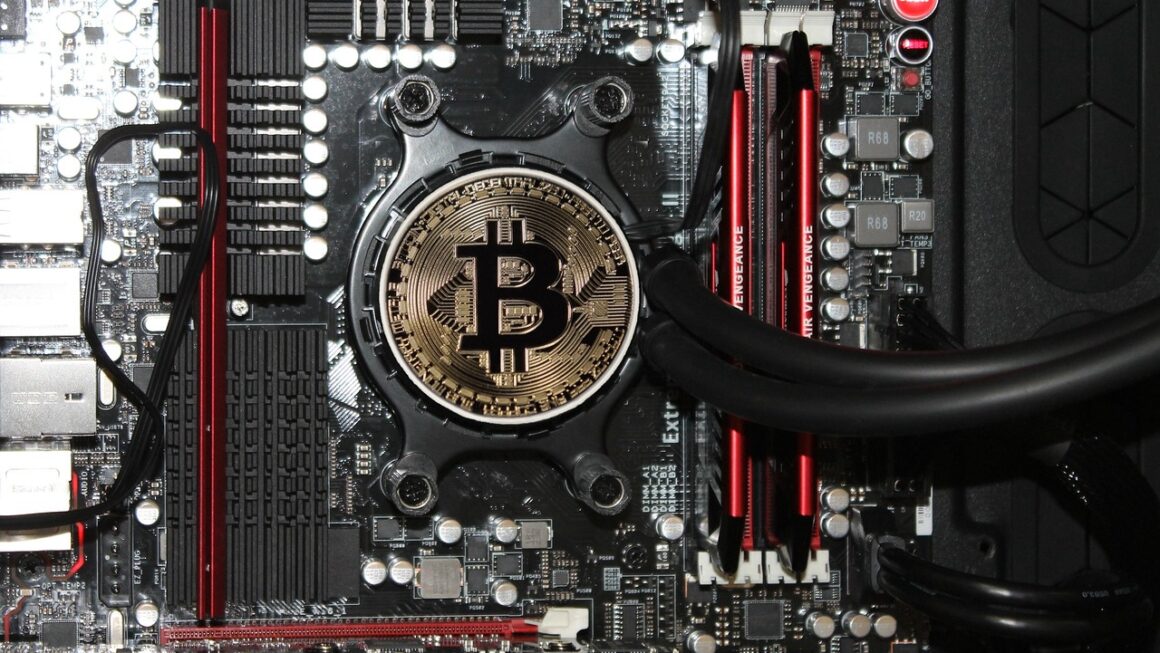The world of cryptocurrency can seem daunting and complex from the outside, filled with technical jargon and volatile price swings. However, at its core lies a vibrant and passionate community that drives innovation, fosters education, and shapes the future of decentralized finance. Understanding the nuances of the crypto community is crucial for anyone looking to invest in, build upon, or simply navigate the ever-evolving landscape of digital assets.
What is the Crypto Community?
Defining the Crypto Community
The crypto community is a collective term for individuals and groups deeply involved in the world of cryptocurrencies and blockchain technology. This includes:
- Developers building new protocols and applications
- Investors buying, selling, and holding digital assets
- Miners validating transactions and securing networks
- Traders capitalizing on market volatility
- Enthusiasts passionate about the technology and its potential
- Educators and content creators sharing knowledge and insights
Key Characteristics of the Crypto Community
The crypto community is known for several defining traits:
- Decentralization: No single entity controls the community. It’s a distributed network of individuals and groups.
- Open-Source Ideology: A strong belief in open-source software and collaborative development. This means code is freely available for anyone to inspect, modify, and distribute.
- Technological Focus: A keen interest in the technical aspects of blockchain, cryptography, and decentralized systems.
- Ideological Diversity: While generally aligned on the principles of decentralization and financial freedom, the community encompasses a wide range of political and economic viewpoints.
- Global Reach: The crypto community transcends geographical boundaries, connecting people from all over the world.
The Role of Online Platforms
Online platforms are the lifeblood of the crypto community, facilitating communication, collaboration, and information sharing.
- Social Media: Twitter is a primary hub for real-time news, market analysis, and discussions. Platforms like Reddit (e.g., r/Bitcoin, r/CryptoCurrency) host dedicated communities for specific cryptocurrencies and topics.
- Forums: BitcoinTalk is one of the oldest and most established crypto forums, offering a wealth of information and historical context.
- Messaging Apps: Telegram and Discord are popular for group chats, project updates, and community management. Many crypto projects have official channels on these platforms.
- Online Courses and Educational Resources: Platforms like Coursera, Udemy, and YouTube host numerous courses and tutorials on blockchain technology and cryptocurrencies.
The Importance of Community in Crypto
Driving Innovation
The crypto community plays a vital role in driving innovation within the industry. Developers, researchers, and enthusiasts collaborate to:
- Develop new protocols and applications
- Improve the scalability and security of existing blockchains
- Explore new use cases for cryptocurrencies
- Conduct research on the economic and social implications of decentralized technologies
- Example: The Ethereum community has been instrumental in developing decentralized finance (DeFi) applications, pushing the boundaries of what’s possible with blockchain technology.
Fostering Education and Awareness
The community actively educates newcomers and promotes wider adoption of cryptocurrencies.
- Creating educational content (articles, videos, tutorials)
- Organizing meetups and conferences
- Providing support and guidance to new users
- Raising awareness about the benefits of cryptocurrencies
- Example: Crypto influencers on YouTube and Twitter help to break down complex topics into easily digestible content, reaching a broader audience.
Decentralized Governance
Many crypto projects rely on community governance to make important decisions.
- Token Holders Voting: Token holders can vote on proposals related to protocol upgrades, funding allocations, and other key issues.
- Decentralized Autonomous Organizations (DAOs): DAOs are community-led organizations that operate according to rules encoded in smart contracts. They allow for decentralized decision-making and resource allocation.
- Example: MakerDAO, a decentralized lending platform, uses MKR token holders to govern the protocol and manage risk parameters.
Security and Vigilance
The community plays a critical role in identifying and mitigating security risks.
- Bug Bounties: Many projects offer rewards to individuals who discover and report vulnerabilities in their code.
- Community Audits: Independent security experts and community members conduct audits of code to identify potential flaws.
- Whistleblowing: Individuals within the community often expose scams and fraudulent schemes, helping to protect investors.
- Example: White hat hackers, often members of the crypto community, actively search for and report vulnerabilities in blockchain protocols.
Participating in the Crypto Community
Finding Your Niche
With such a diverse range of interests and activities, it’s important to find your niche within the crypto community. Consider:
- Your interests: Are you passionate about DeFi, NFTs, metaverse, or a specific cryptocurrency?
- Your skills: Are you a developer, writer, designer, or marketer?
- Your goals: Are you looking to learn, invest, contribute, or build a career in crypto?
Engaging in Online Communities
Actively participate in online communities to connect with like-minded individuals, learn from experts, and contribute your own insights.
- Join relevant social media groups and forums.
- Attend online events and webinars.
- Contribute to open-source projects.
- Share your knowledge and experiences.
Attending Crypto Events
In-person events offer valuable opportunities to network with other members of the crypto community, learn about new developments, and meet industry leaders.
- Conferences: Major crypto conferences such as Consensus, Devcon, and Bitcoin Miami attract thousands of attendees.
- Meetups: Local crypto meetups provide a more intimate setting for networking and learning.
- Hackathons: Hackathons offer a chance to collaborate on innovative projects and win prizes.
Contributing to Crypto Projects
Contributing to crypto projects is a great way to gain experience, build your resume, and make a meaningful impact on the industry.
- Coding: Contribute to open-source blockchain projects on platforms like GitHub.
- Writing: Create educational content for crypto blogs and publications.
- Design: Design websites, logos, and marketing materials for crypto projects.
- Community Management: Help manage online communities and moderate discussions.
Potential Pitfalls and How to Avoid Them
Scams and Rug Pulls
The crypto space is unfortunately plagued by scams and “rug pulls,” where project creators abandon a project after raising funds, leaving investors with worthless tokens.
- Due Diligence: Always conduct thorough research before investing in any crypto project.
- Red Flags: Be wary of projects that promise unrealistic returns, lack transparency, or have anonymous founders.
- DYOR (Do Your Own Research): Don’t rely solely on information provided by the project team or influencers. Verify claims and conduct independent research.
Misinformation and FUD (Fear, Uncertainty, and Doubt)
The crypto market is often subject to misinformation and FUD, which can lead to panic selling and market volatility.
- Critical Thinking: Develop critical thinking skills to evaluate information objectively.
- Source Verification: Verify the credibility of sources before sharing information.
- Balanced Perspective: Maintain a balanced perspective and avoid emotional decision-making.
Toxicity and Tribalism
Some online crypto communities can be toxic and divisive, with members engaging in personal attacks and spreading negativity.
- Respectful Communication: Engage in respectful and constructive dialogue.
- Avoid Personal Attacks: Refrain from personal attacks and inflammatory language.
- Focus on Facts: Focus on factual information and avoid spreading unsubstantiated rumors.
- Report Abusive Behavior: Report abusive behavior to community moderators.
Conclusion
The crypto community is a powerful force driving innovation and shaping the future of finance. By understanding its dynamics, participating actively, and being mindful of potential pitfalls, you can navigate the crypto landscape with confidence and contribute to the growth of this exciting and transformative technology. Remember to always do your own research, engage respectfully, and stay informed about the latest developments in the ever-evolving world of cryptocurrency.
Read our previous article: Beyond the Screen: Augmented Reality’s Spatial Computing Leap
For more details, see Investopedia on Cryptocurrency.




